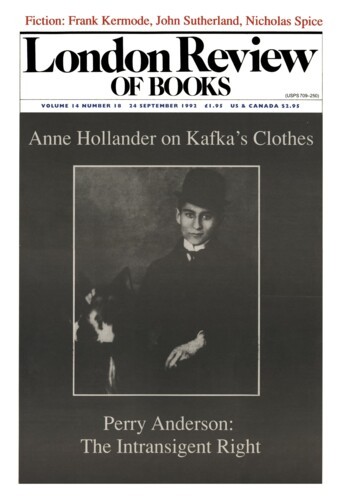‘Sex’ seems to be a word that most people understand,
so there is a fair chance that the woman will understand
what the man is getting at when he mentions the subject.
Perhaps he is finding difficulty getting into the passage
and it may be necessary to ask why. Perhaps she is dry
because there is no natural lubricant for the penis,
or perhaps she is very tense and unable to accept him.
It may be that the fault lies with the man, if he cannot
complete the sexual act, or his climax comes too soon.
At this point it may be necessary to enquire about orgasm.
As sexual excitement reaches its climax (orgasm), the man
will recognise that the jerking out of his semen (sperm)
is about to start and that it is inevitable. His semen
is said to be ‘coming’ and if any discussion is needed
the verb ‘to come’ may be used without causing offence.
For instance, the woman may be asked if she understands
what the word ‘coming’ means in this context
and whether she has ever experienced such a thing.
Does the feel herself to be on the verge of fulfilment,
only to find herself drawing back from it because of some
unspecified mental problem, and if so, what?
Send Letters To:
The Editor
London Review of Books,
28 Little Russell Street
London, WC1A 2HN
letters@lrb.co.uk
Please include name, address, and a telephone number.

